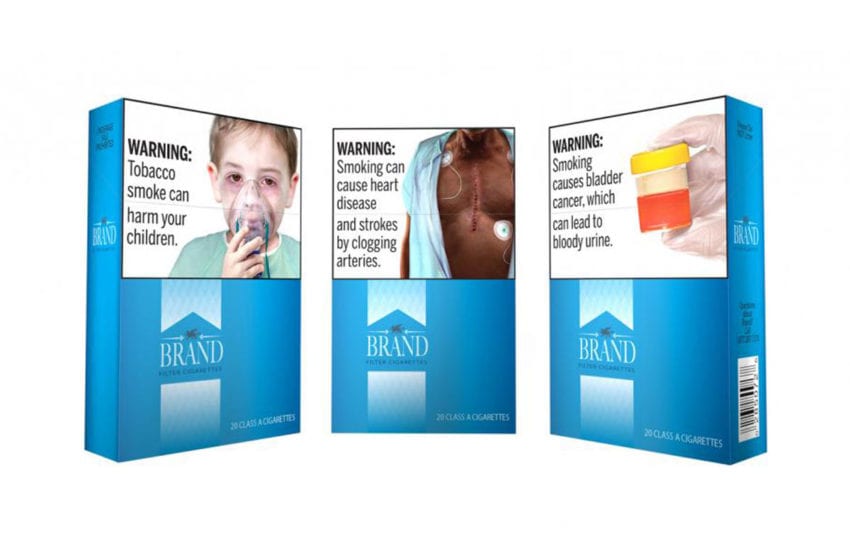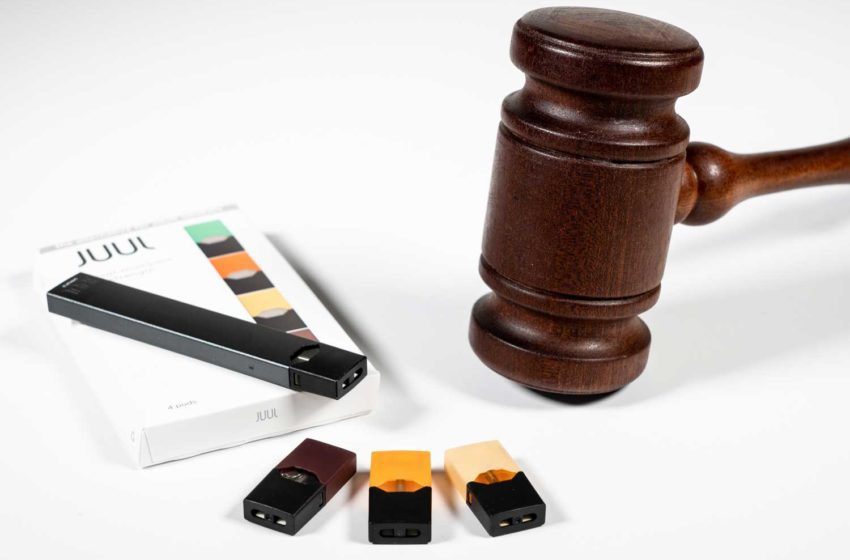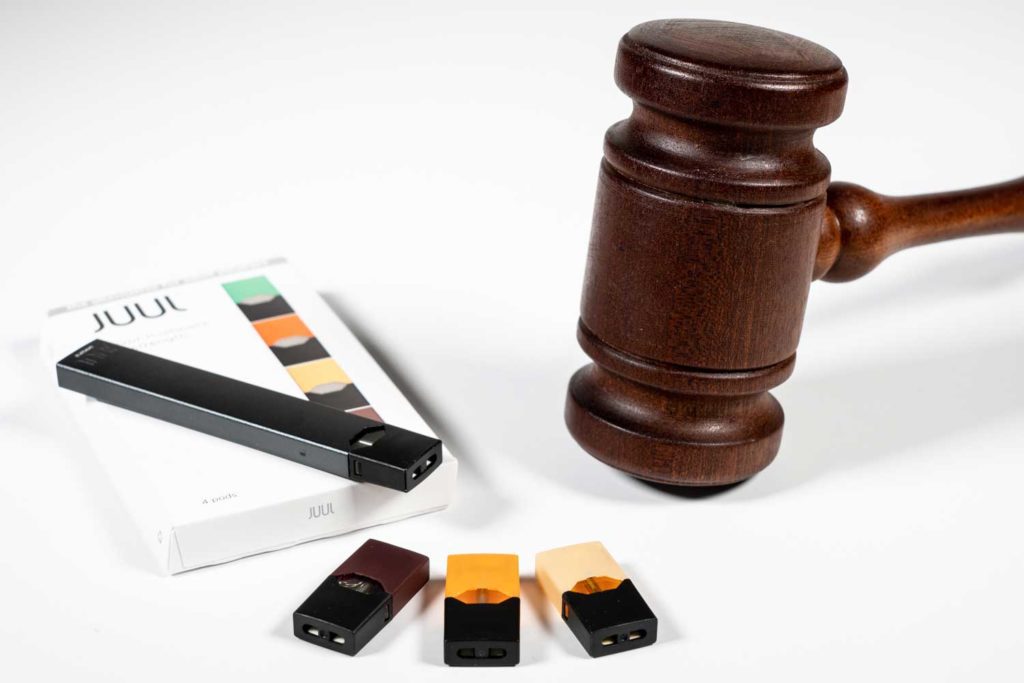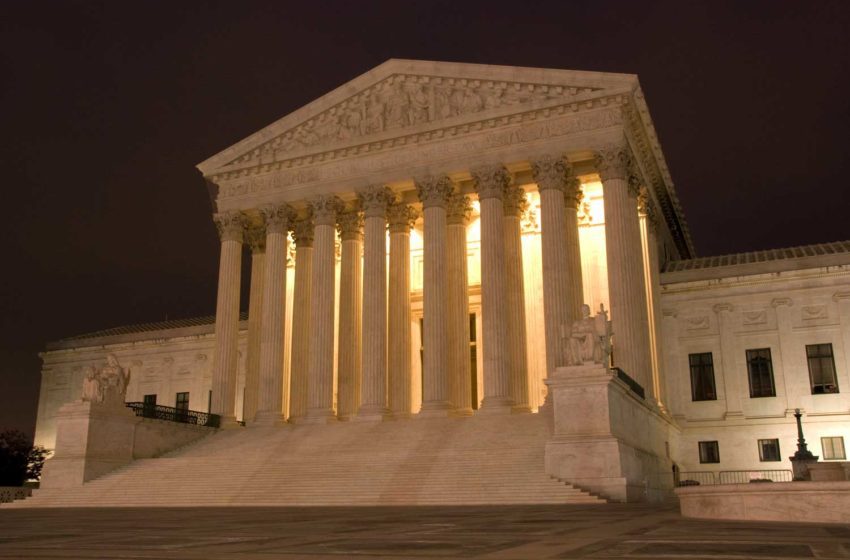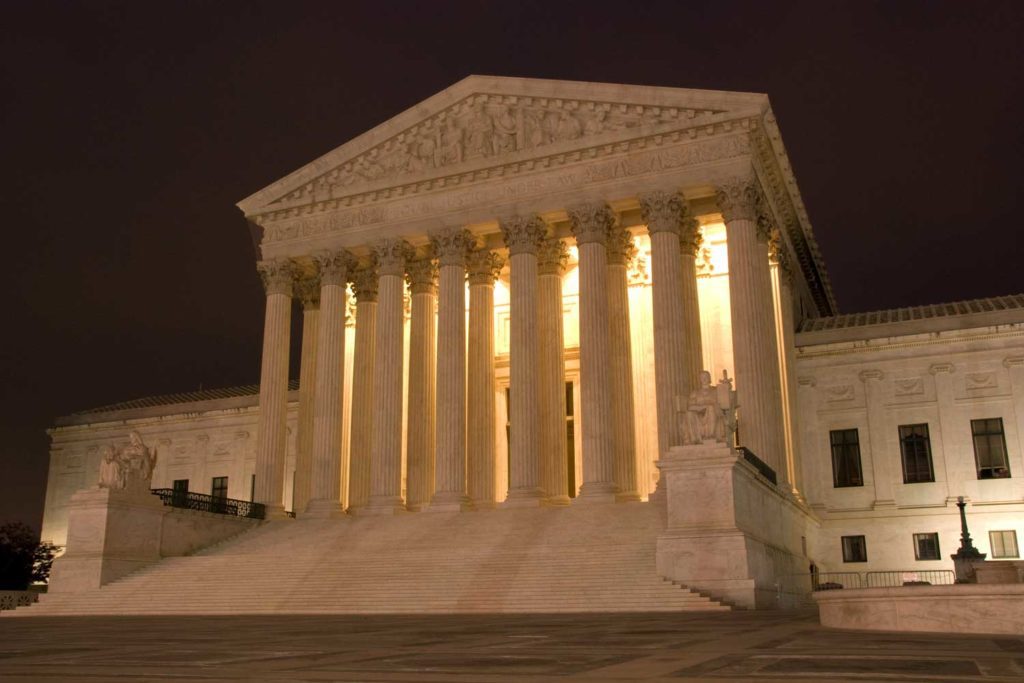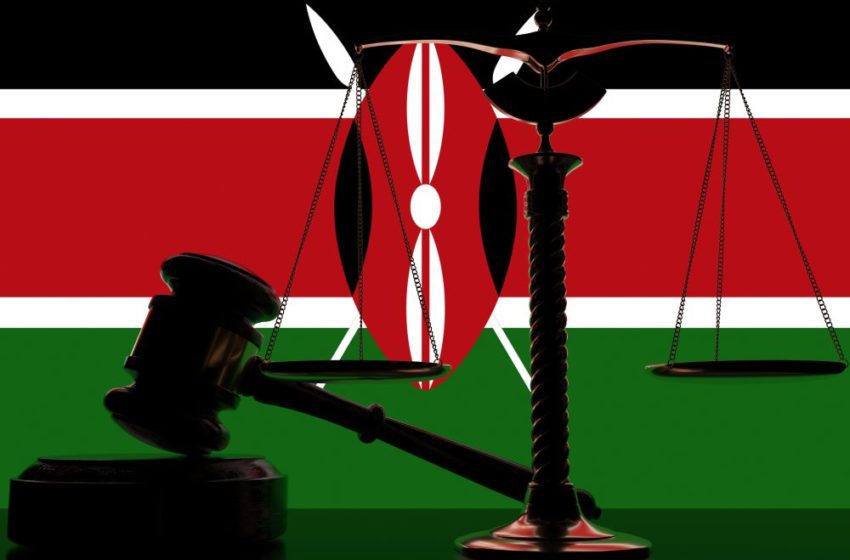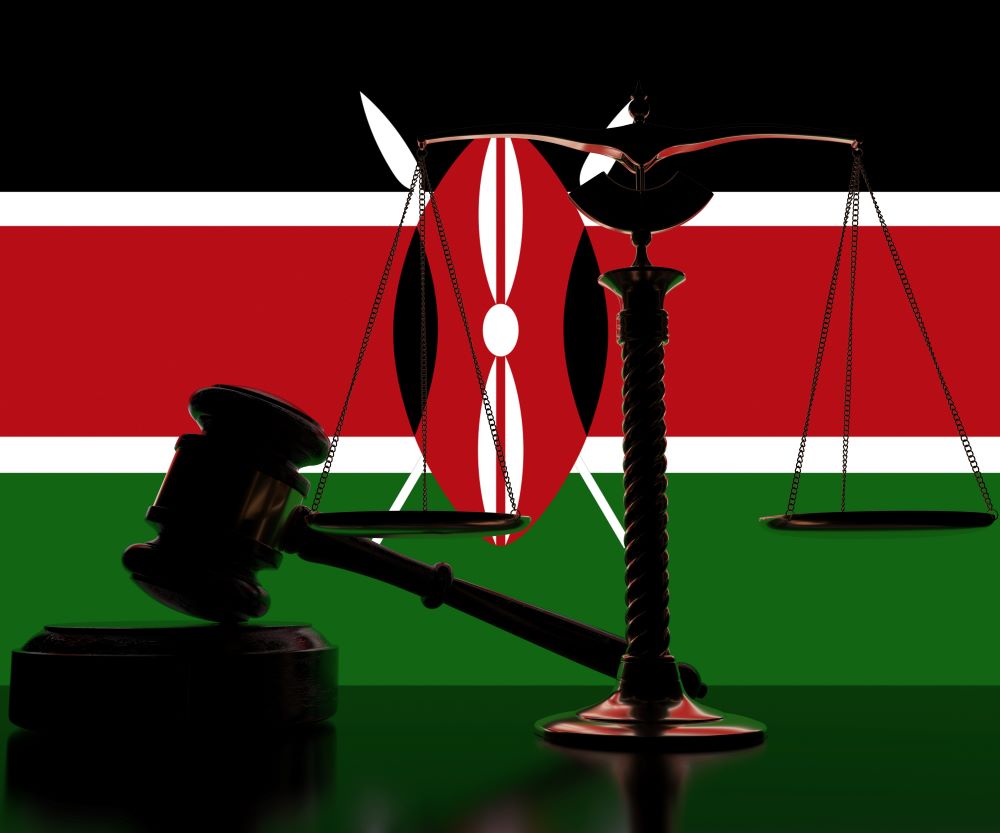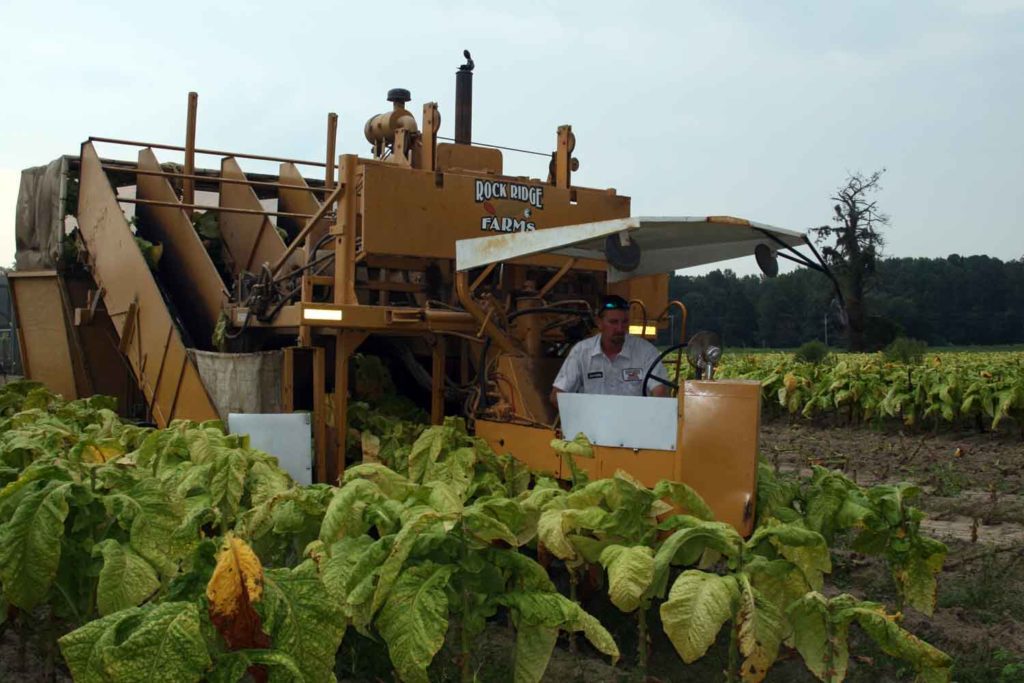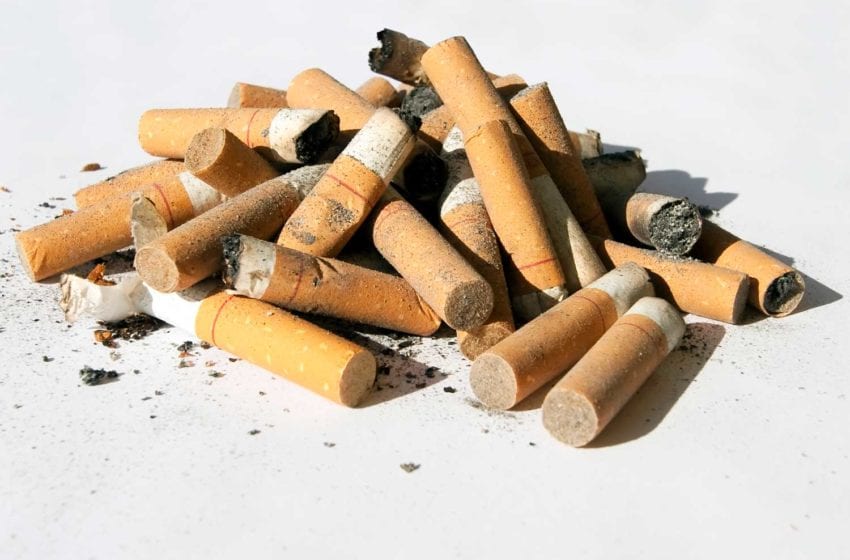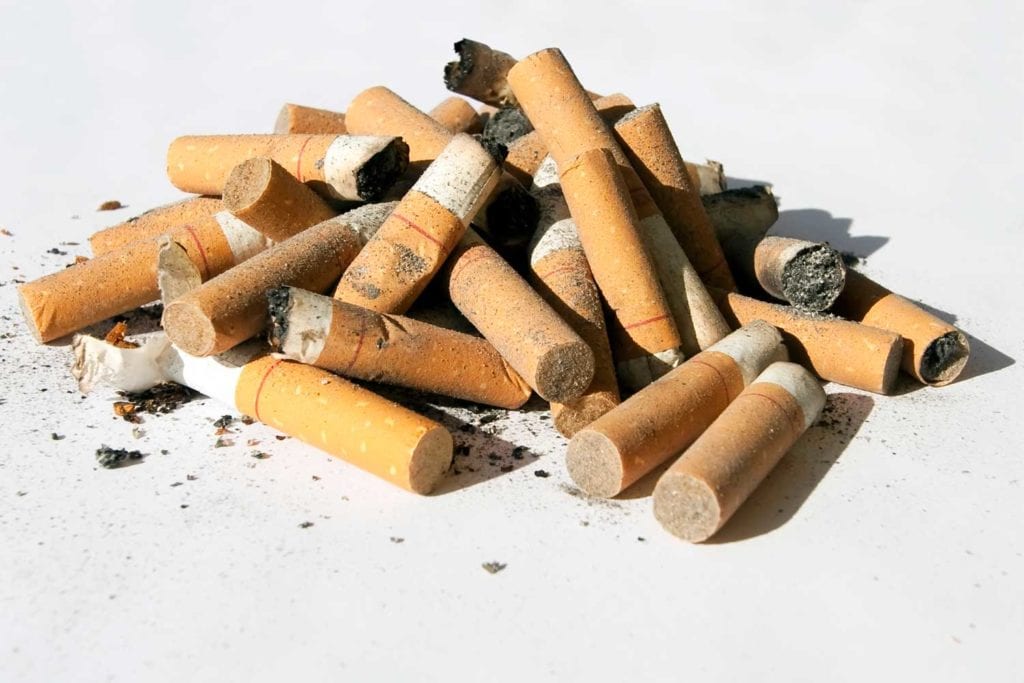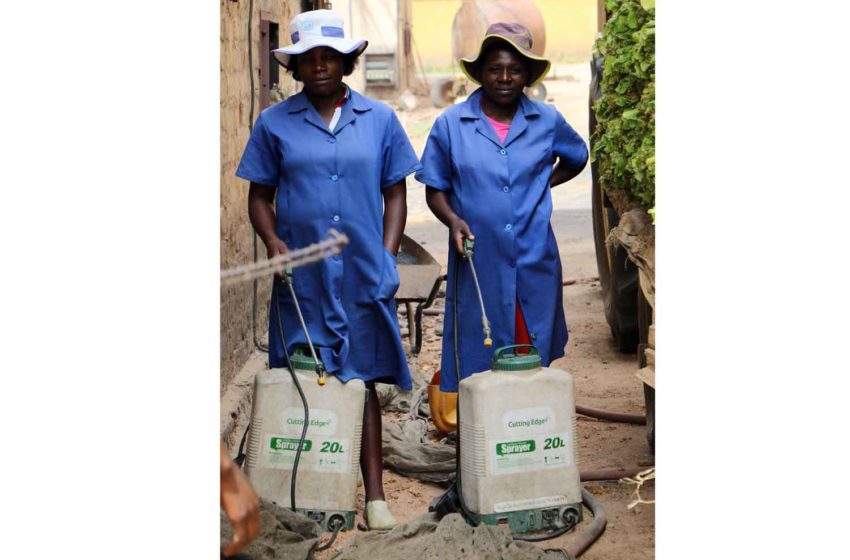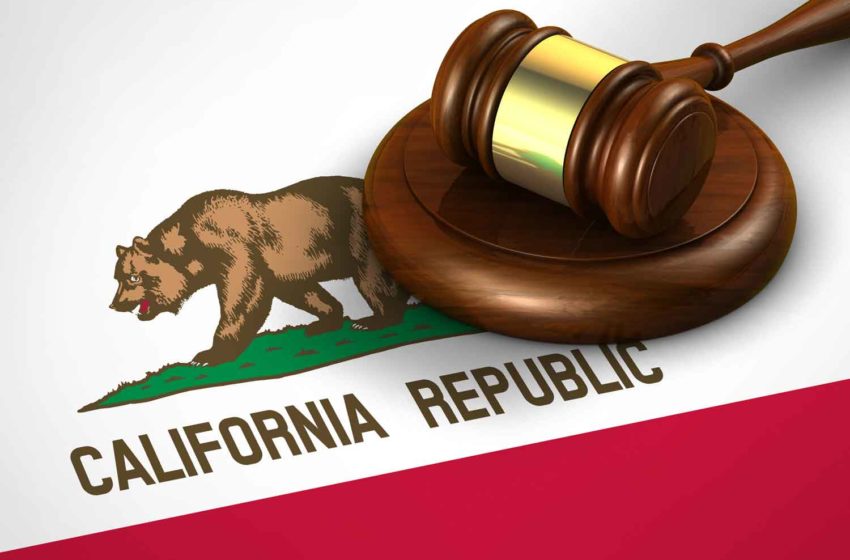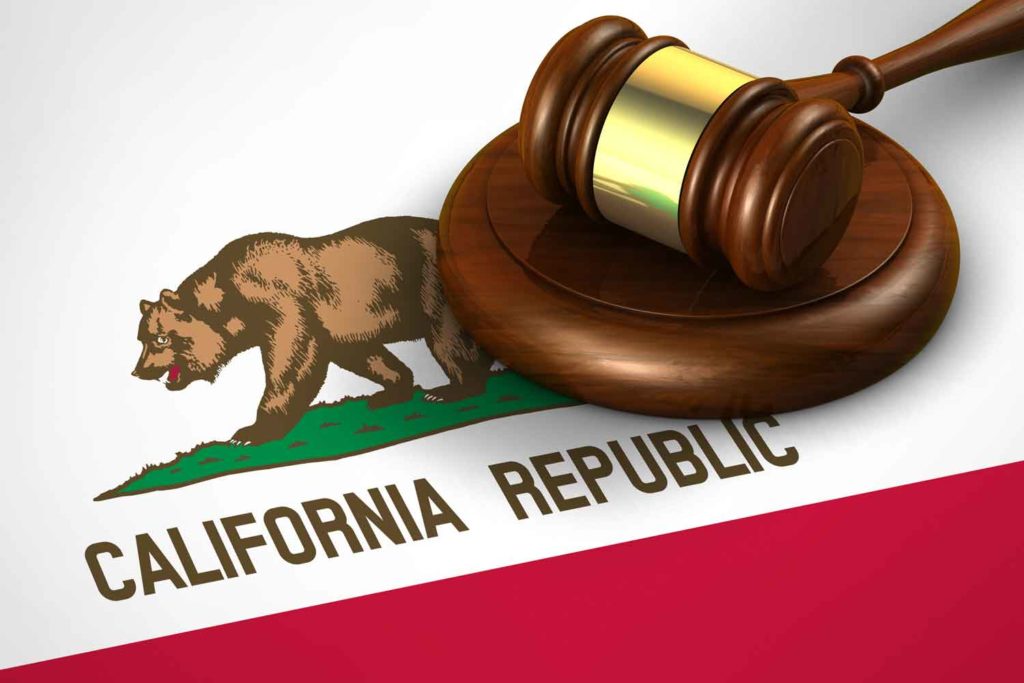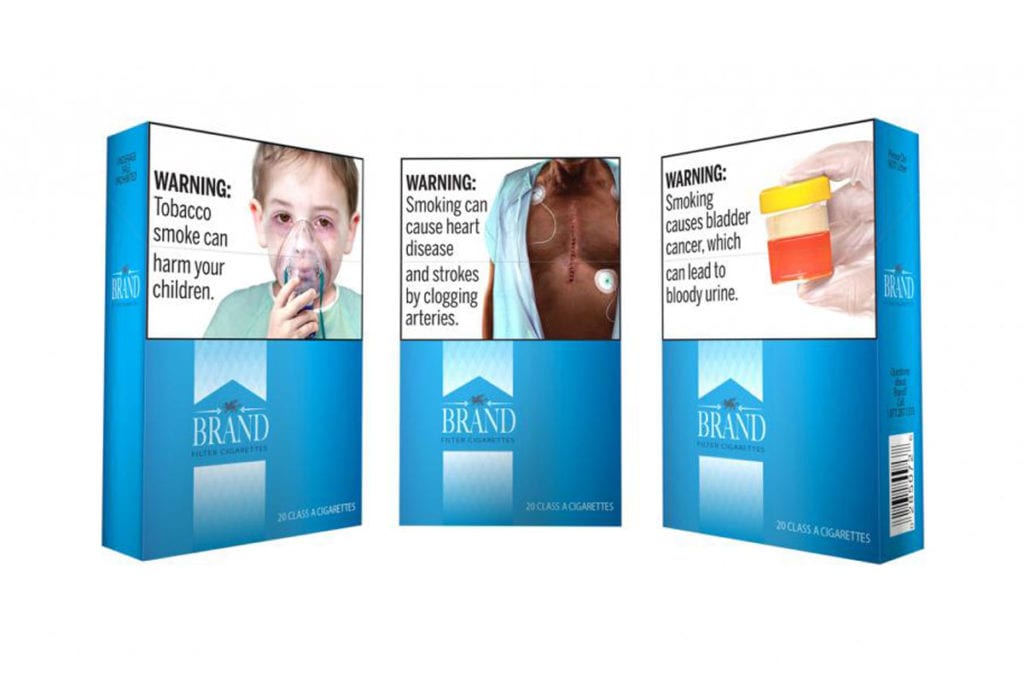
A federal judge has blocked the U.S. Food and Drug Administration from enforcing a rule requiring tobacco manufacturers to print graphic warning labels on their products, citing the companies’ First Amendment rights, reports Law360.
The Family Smoking Prevention and Tobacco Control Act of 2009 instructs the FDA to create visual health warnings, but the D.C. Circuit in 2012 blocked the agency’s first attempt, saying that regulators had not convincingly demonstrated that the warnings would actually reduce smoking.
In March 2020, the FDA released the final rule requiring new graphic warnings for cigarettes that feature some of the lesser known but still serious health risks of smoking, such as diabetes, on the top half of the front and back of cigarette packages and at least 20 percent of the area on the top of cigarette advertisements.
R.J. Reynolds Tobacco Co., ITG Brands and Liggett Group filed a First Amendment challenge in April 2020. The rule was set to take effect in November 2023 after it was repeatedly pushed back by court.
In a lengthy opinion issued Dec. 7, U.S. District Judge J. Campbell Barker of the U.S. District Court for the Eastern District of Texas vacated the FDA’s rule after finding that the required label statements and graphic images are not narrowly tailored to the agency’s interest in promoting public awareness of the health risks of smoking.
“The government has not shown that compelling these large graphic warnings is necessary in light of other options,” the judge said, noting that the government could put more effort into public awareness campaigns.
Public health campaigners were aghast. “Today’s decision by a federal judge to block implementation of graphic cigarette warnings ordered by the Food and Drug Administration is wrong on the law, inconsistent with decades of precedent and harms public health,” read a joint statement issued by the American Academy of Pediatrics, American Cancer Society, American Cancer Society Cancer Action Network, American Heart Association, American Lung Association, Campaign for Tobacco-Free Kids and Truth Initiative.
“We urge the justice department to appeal this decision, and we are confident that the FDA’s warnings will ultimately be upheld by a higher court.”
The health groups also noted that the U.S. had fallen behind other countries with its tobacco control policies. Prior to 2009, when Congress passed the Tobacco Control Act, only 18 countries required graphic warnings for tobacco products, they pointed out. Today, more than 120 countries require them.

